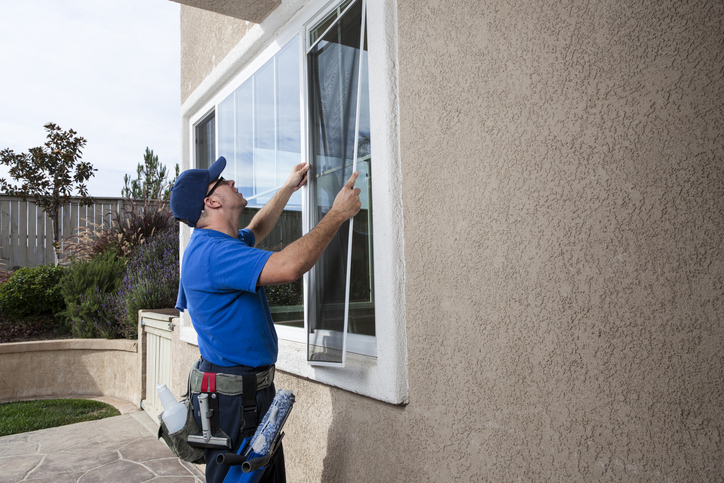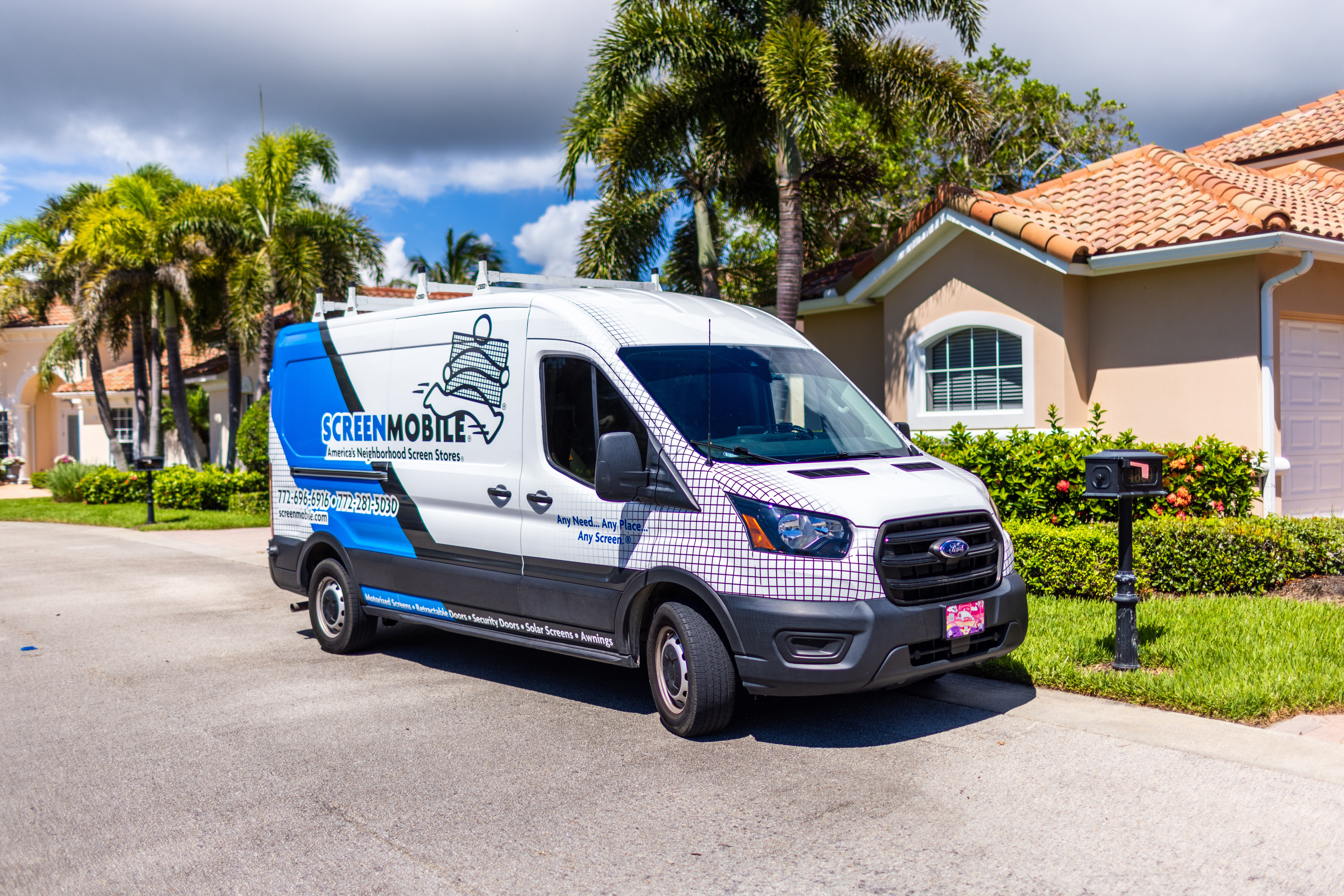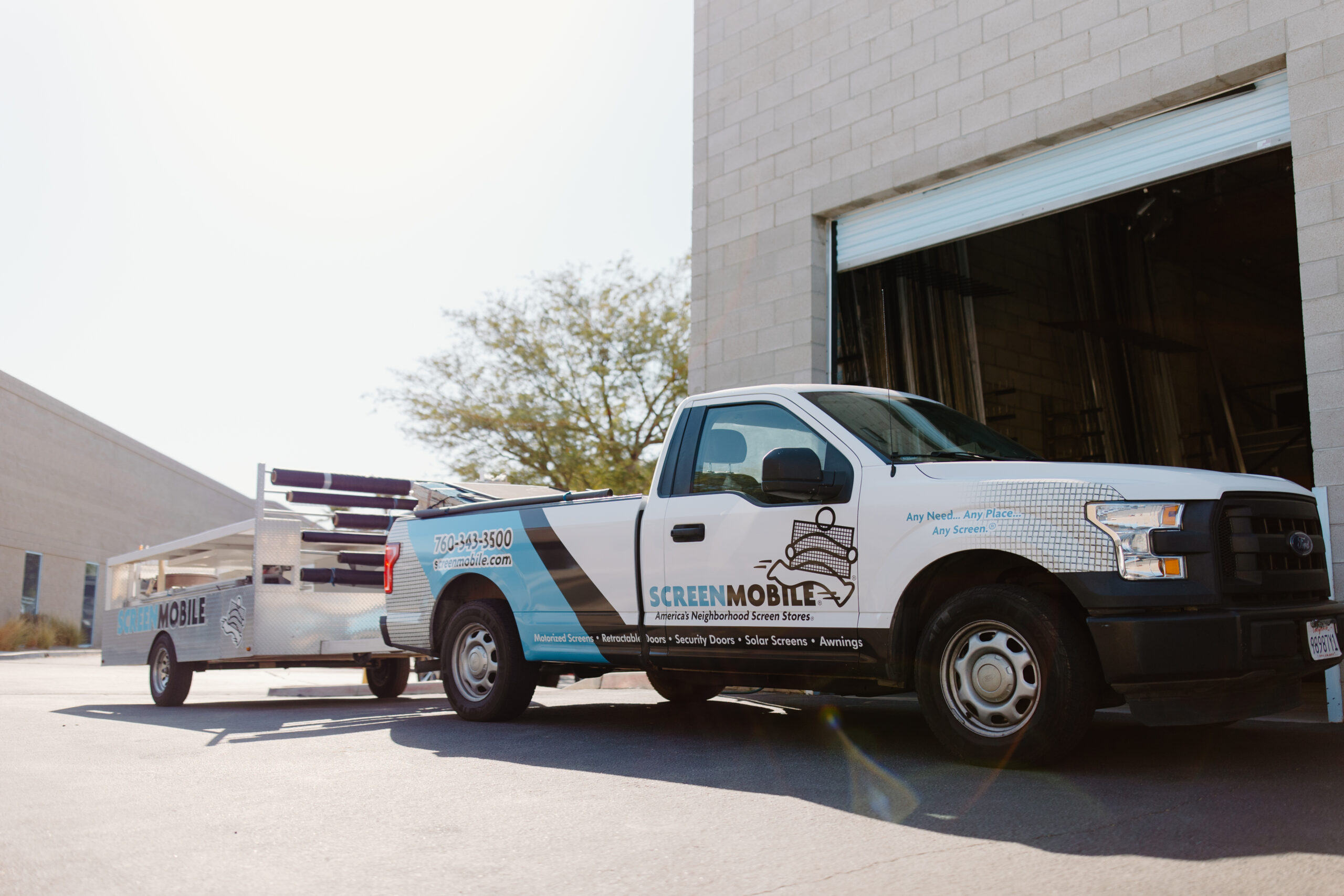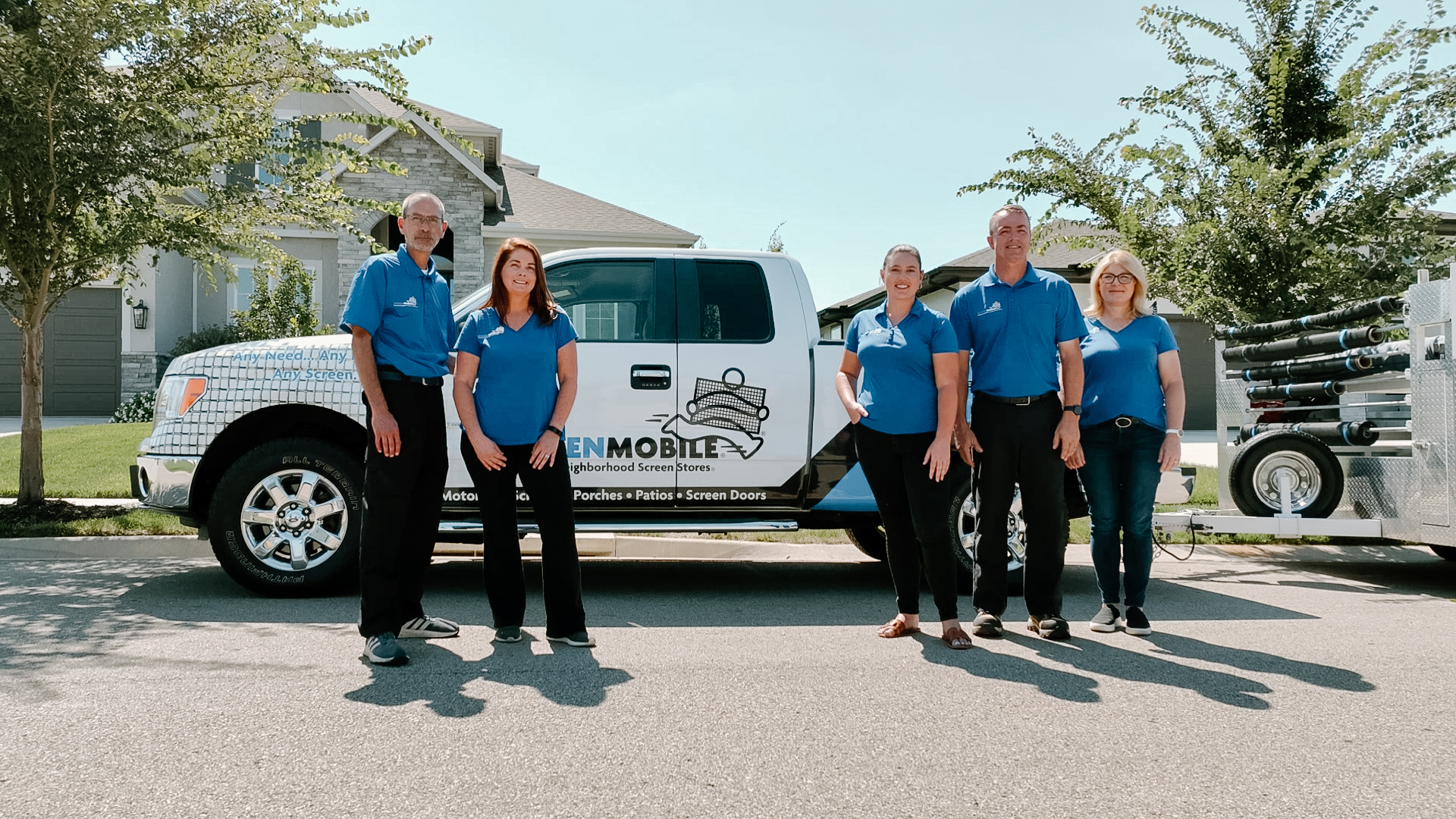Does a Franchise Count as a Small Business
Community is important to most people, and ‘buying local’ can be a way for people to support local stores where they know the money will be staying in the community rather than going to some major international corporation. For franchisees, this means they sit in an odd space. They might be connected to a major company but are actually owned by a local person.
Depending on how you look at it, there may be huge similarities or differences between locally owned franchises and local small businesses. For example, a franchise may have national brand recognition and have cut-outs of a major sports star in-store, but at the same time, they buy the uniforms for the local Little League team, and you’ll meet the owner at the grocery store. At the same time, they seem to be national and local, so does a franchise count as a small business? We’ll have to look at a few other things first to find out.
What is a Small Business?
To find out does a franchise count as a small business we should probably first define what a small business is. According to the governmental Census Bureau, they define a small business as:
- Having less than 250 employees (in fact, more than half of all businesses have less than five employees)
- Less than 20 employees per establishment
- Less than $5 million in revenue
- The owner is a sole proprietor
- The owner pays their taxes through the business (that is, they don’t get taxed separately to the business like a CEO would)
To this list, we can also add commonly understood terms for how we see small businesses.
- Independent business owner
- Known members of the community
- Self-financed (including loans they take out in their own name)
- Do their own advertising
- Decide on their own product lifecycles
So, under these terms, does a franchise count as a small business? For the vast majority of them, you’d say yes, the owner of a franchise is an independent business owner, most likely making less than $5 million a year, and they also have to find their own finance. But for some, it still might not seem right to count major franchised businesses like Dunkin’ Donuts as being the same as your locally owned independent cafe or a 7-Eleven and a mom-and-pop store.
But maybe that’s because the ‘national’ feel of a franchise doesn’t let us see what they’re actually doing on a local level. Let’s take a look at what being a locally owned franchise really means.
Locally Owned Franchises in the Community
As small businesses that are in a community, franchises contribute a lot to every aspect of life in the local area. Here are some of the ways locally owned franchises contribute to the community.
Locally owned franchises add new services
When a locally owned franchise takes up shop in its community, a new supply of services are now available to the people that live there. Especially in areas that are less walkable or without reliable public transportation, having readily available services that are near them provides a service they might have had more trouble getting to before.
When a franchise is both locally owned and mobile, those services are brought right to the consumer, adding another great level of convenience.
Locally owned franchises create jobs
A brand new locally owned franchise provides ample opportunity for jobs close to home. With so many people looking for jobs, a place within their community that provides a needed service is a tempting opportunity.
Not only that, but a locally owned franchise will make way for more invested employees. When they’re working for what feels like a smaller business, they’re eager to put their best foot forward and provide that service to the best of their ability.addad






















